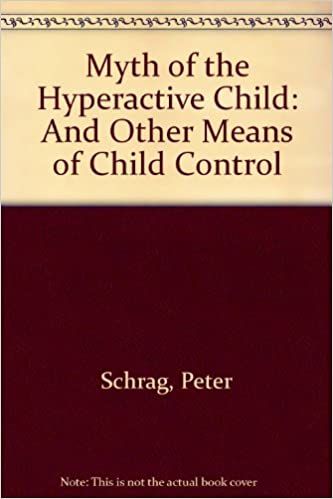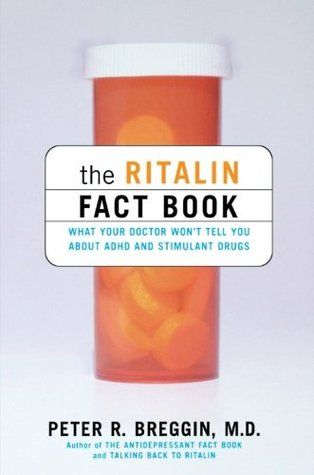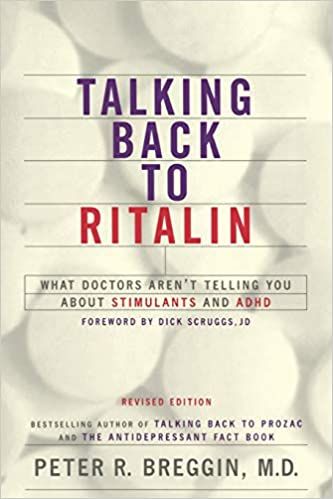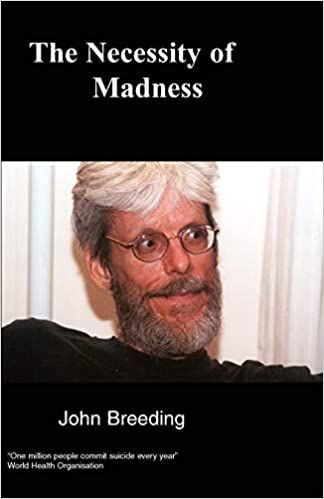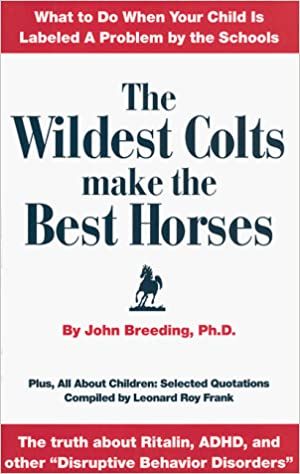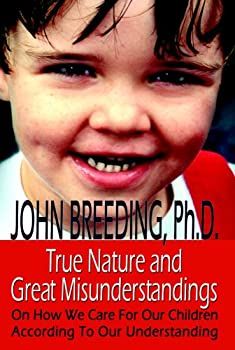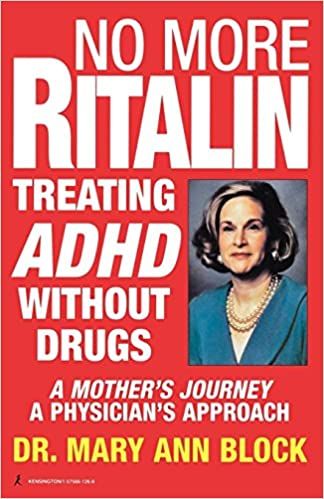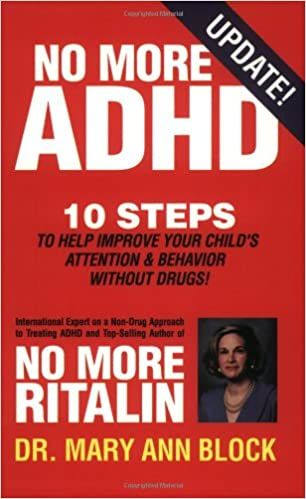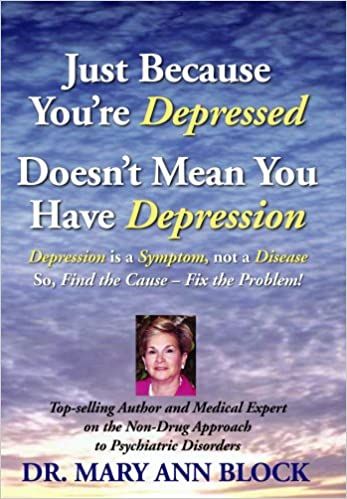Bob Fiddaman and Sheila Matthews
sheila@ablechild.org
(203) 594-1700
For some time now, Sheila Matthews has been suspicious about her home state of Connecticut’s treatment of its most vulnerable children. As a mother of two children and co-founder of AbleChild, her instincts led her to scrutinize the dubious relationships among Connecticut’s Department of Children and Family Services [DCF], the pharmaceutical industry and a billion dollar law firm who has defended the likes of Pfizer Inc and Merck & Co., among others.
Sheila’s investigation has led her on a journey that links a non-profit children?s advocacy group, with assets over $15 million [2009] with nationally-renowned mass tort and class action defense law firms, to the Connecticut DCF – an $865 million bureaucracy, as described by the Connecticut Mirror.
The Connecticut DCF serves approximately 36,000 children and 16,000 families across its four Mandate Areas:
1.Child welfare;
2.Children’s behavioral health;
3.Juvenile Services; and
4.Prevention.
Sheila’s AbleChild has been questioning the Connecticut DCF since 2003, when AbleChild demanded that the Connecticut DCF immediately ban the use of the antidepressant Paxil in its treatment of mental disorders after multiple studies confirmed Paxil increased the risk of suicide in children and adolescents. This was more than a year prior to America’s Food & Drug Association (FDA) announcement that all antidepressants, including Paxil, should bear a black box warning regarding this suicide risk. AbleChild was disturbed that children in state custody were being prescribed this dangerous psychotropic medication. AbleChild’s public pressure paid off, and the Connecticut DCF deemed Paxil unsafe for children and adolescents, and according to the DCF drug approval list, Paxil has not been approved for use in over eight (8) years.
In August 2003, less than one month later, AbleChild reported that the commissioner of the Connecticu DCF held a ‘behind closed doors’ meeting with Glaxo officials. This meeting was reported by the Associated Press, who wrote:
The maker of the anti-depressant Paxil plans to meet this week with Connecticut officials, weeks after the State stopped using the drug to treat young people in its care.
GlaxoSmithKline, a British pharmaceutical company, is sending its regional medical director and a medical team to meet with officials from the Department of Children and Families. [Source]
Despite repeated requests from AbleChild, the Connecticut DCF refused to inform the public what was discussed at this secret meeting.
Eight years later, Sheila and AbleChild continue to raise concerns and investigate potential wrongdoings and conflicts within the Connecticut DCF. Last month, in February 2011, Sheila attended a meeting sponsored by the Connecticut Behavioral Health Partnership [CBHP], where its medical director, Dr Steven Kant, presented the Husky Behavioral Pharmacy Data. The CBHP is a state vendor that provides mental health services to DCF children. These services are paid, in part, by the State-run insurance program, HUSKY. Incredibly the pharmacy data presentation showed that dangerous psychotropic drugs, like Paxil, are still being prescribed to thousands of children and adolescents. In fact, the Pharmacy Data presentation showed that the HUSKY program, financed by taxpayer dollars, paid drug companies over $60 million for psychotropic drugs for Connecticut’s children and adolescents in 2009 alone – many of which are not approved by the FDA for use in the pediatric population and all of which carry the most serious warning possible regarding the risk of suicide.
According to the pharmacy data presentation: [Which can be downloaded as a Powerpoint presentation HERE]
More than 50% of HUSKY Youth Behavioral med utilizers are on stimulants.
Close to 30% of HUSKY Youth Behavioral med utilizers are on antipsychotics.
The pharmacy data also revealed the following:
Most Frequently Used Behavioral Meds for DCF-Involved Youth
Medications for ADHD
- Ritalin (10%)
- Adderall (5%)
- Vyvanse (4%)
- Strattera (3%)
Atypical Antipsychotics
- Abilify (11%)
- Risperdol (10%)
- Seroquel (8%)
- Anti-anxiety
- Hydroxyzine (2.5%)
Antidepressants
- Prozac (4.5%)
- Zoloft (4%)
- Zyban (3%)
- Desyrel (2.5%)
- Celexa (2%)
Mood Stabilizers
- Lithum (3%)
- Depakote (3%)
- Lamictal (2.5%)
Curiously, none of the above medications are on the Connecticut DCF list of approved/unapproved drugs listed in itsDCF PMAC document.
With this in mind, Sheila Matthews contacted Dr Steven Kant and inquired as to whether any of the above drugs were approved by the Connecticut DCF for use in children.
Dr Kant replied:
… the answer to your question is not that straight forward.. . . Medications may be indicated by age and/or by specific treatment needs so it is not either a simply ?yes? or ?no?. Also, some medications may have the age indication but for a totally different condition, such as anti epileptic condition. . .Also FDA indications are static, they do not change over time though medical practice is constantly evolving…
Contradicting the very document that lists Connecticut’s approved and unapproved drugs, a “check-off” list that verifies the status of medications, Dr Kant replied, “I don?t think a ?check off? for each medication would work in terms of verifying their status.”
With such an ambiguous response from Dr. Kant, we found the DCF Approved Medication List on the Internet. This particular version was revised in 2009.
It appears that the DCF has approved drugs in children that have not been approved for children by the FDA. In fact, the FDA has issued multiple advisories and alerts since 2004 about the increased risk of suicide in children, adolescents and young adults up to age 25 who are treated with psychotropic medications.
And while Fluoxetine (Prozac) is the only medication approved by the FDA for use in treating depression in children ages 8 and older, it still carries a black box warning regarding the risk of suicide.
In contrast, the DCF seems to be ignoring the conclusions of the FDA. Its list of approved medication in children and adolescents include every single antidepressant except paroxetine [Paxil] and venlafaxine [Effexor].
- Forest Lab?s citalopram [Celexa] – APPROVED
- Forest Lab?s escitalopram [Lexapro] – APPROVED
- Solvay Pharmaceuticals? fluvoxamine [Luvox] – APPROVED
- Pfizer’s sertraline [Zoloft] – APPROVED
- GlaxoSmithKline’s bupropion [Wellbutrin -also marketed as an anti-smoking cessation drug under the name of Zyban] – APPROVED [1]
Alarmingly, the DCF has produced a guide entitled, “MEDICATIONS USED FOR BEHAVIORAL & EMOTIONAL DISORDERS – A GUIDE FOR PARENTS, FOSTER PARENTS, FAMILIES, YOUTH, CAREGIVERS, GUARDIANS, AND SOCIAL WORKERS” where it writes, “Most of the side effects from the medications are mild and will lessen or go away after the first few weeks of treatment.” The guide also points out possible side effects of SSRI’s/SNRI’s:
SSRIs and SNRIs:
- Headache
- Nervousness
- Nausea
- Insomnia
- Weight Loss
One of the most dangerous side effects of these medications, suicidal thoughts/ideation, doesn’t even make the 5 bullet-pointed list. The Guide does, however, add the following: “Watch for worsening of depression and thoughts about suicide.”
The DCF Approved Medication List writes:
“The DCF Approved Medication List is a list of psychotropic medications that has been carefully established by the Psychotropic Medication Advisory Committee, a group of DCF and community professionals.”
Sheila has since investigated other advocacy groups that were concerned about the off-label prescribing of psychiatric medications to youths in state custody. This is where she stumbled upon Children’s Rights, a non-profit charity based in New York City.
In 2005, Children’s Rights employed ten (10) attorneys and a staff of 31. It claims to use its expertise to change child welfare red tape and scrutinize failing systems. If the child welfare system fails to respond, Children’s Rights files a lawsuit. If successful, it enforces reform and then monitors its implementation
.
In 1989, Children’s Rights had in fact filed a suit against William O’Neill and the Connecticut state Department of Children and Youth Services [DCYS].
The suit charged that an overworked and underfunded DCYS failed to provide services including abuse and neglect investigations, adoption, foster care, mental health care, caseloads and staffing. The case has been pending for over twenty (20) years, and while there have been numerous arguments that DCYS should be more inclusive or has failed to provide certain services, the issue of massive off-label prescription of psychotropic medications has never been brought to the court?s attention.
Children’s Rights is chaired by Alan C. Myers, a partner at Skadden, Arps, Slate, Meagher and Flom, a billion dollar law firm which represents the pharmaceutical industry in mass torts and class actions. Myers is also co-head of the firm’s REIT Group [Real Estate Investment Trust].
Also, listed on the Children’s Rights website are individuals and law firms that have served as co-counsel on Children’s Rights’ legal campaigns to reform America’s failing child welfare systems, including:
- Missouri – Shook Hardy & Bacon – Eli Lilly Co. and Forest Labs, defended the original Wesbeker Prozac trial in Kentucky and still defend Prozac, Celexa and Lexapro.
- New Jersey – Drinker Biddle & Reath – GlaxoSmithKline attorneys – defended Paxil as local counsel in Philadelphia cases.
- Oklahoma – Kaye Scholer LLP – provides work in Pharmaceutical Products Liability defense and employs an attorney who was former General Counsel of Pfizer, Inc.
A particular success for Skadden Arps occurred in 2010 when it secured a summary judgement ruling for Pfizer Inc. in a suit filed by two insurance companies who sought $200 million in damages for Pfizer’s predecessors alleged “off-label” marketing of its epilepsy drug, Neurontin.
Furthermore, in February 2011, Skadden Arps secured the dismissal of over 200 cases in a multi-district litigation pending against their client, Pfizer Inc. The plaintiffs had alleged injuries related to the use of Pfizer’s anti-epilepsy drug, Neurontin.
Neurontin, the generic version is called gabapentin, is prescribed by psychiatrists for a variety of “off-label” indications. It is often tried as an alternative treatment, when patients are unable to tolerate the side effect of more proven mood stabilizers such as lithium. [2]
Gabapentin has also been associated with an increased risk of suicidal acts or violent deaths.
This is a drug that has been known to cause behavioral problems, which include unstable emotions, hostility, aggression, hyperactivity or lack of concentration.
Children dependent on child welfare systems have rights and, according to its web page, Children’s Rights is dedicated to protecting them.
It should come as no surprise that the site fails to discuss the off-label prescription of non-approved psychotropic medications to children and adolescents, unless this falls under the ‘abuse and neglect’ category?
If Children’s Rights’ motive was to accomplish fixing the child welfare system then why hasn’t it investigated why thousands of children under state care are prescribed “off-label” psychiatric drugs? With a partner in a billion dollar pro-pharmaceutical law firm as its Chair, and supporters who also defend pharmaceutical products, is it safe to assume that its stance on the drugging of children is one that is being ignored?
Children’s Rights push to remove abused and neglected children into safety.
The basic question always comes down to trust. When power, money and a good cause is mixed, it is imperative to check motives. We would be less of a society if we didn’t check out all the facts. Abuse and neglect exist, always has and always will, but society is obligated to ensure those victims are not transformed into “good cause victims” and expensed out. There is no doubt we have a right to question the system and those who claim to promote change for the good of the children within it.
Children’s Rights Chairman, Alan C. Myers, Medical Director of Connecticut Behavioral Health Partnership, Steven Kant and the Connecticut Department of Children and Families may get their knickers in a twist with regard to an advocate of Ablechild and a blogger from Birmingham, UK questioning their motives but hey, what’s the downside of shinning a light on all these players, be they good or bad players?
Sheila?s concern is that Children’s Rights with its multi-million dollar budget and with the help of its billion dollar law firms, will continue to ignore the risks of these unapproved and dangerous medications, under the guise of helping our nation?s most vulnerable children. The question remains: how can the lawyers who defend pscyhotropic drugs also be the same lawyers who advocate for abused and neglected children to get into state welfare programs which place these children on the same drugs? The conflict is clear and obvious – and it poses an unmistakable danger to children who truly need our help.
[1] Bupropion [also known as Wellbutrin, Zyban] is a non-tricyclic antidepressant. [2] Gabapentin
Bob Fiddaman is the author of the Seroxat Sufferers blog and the book, “The evidence, however, is clear… the Seroxat scandal.” Chipmunka Publishing.
Sheila Matthews is the co-founder of AbleChild and a mother of two children.


